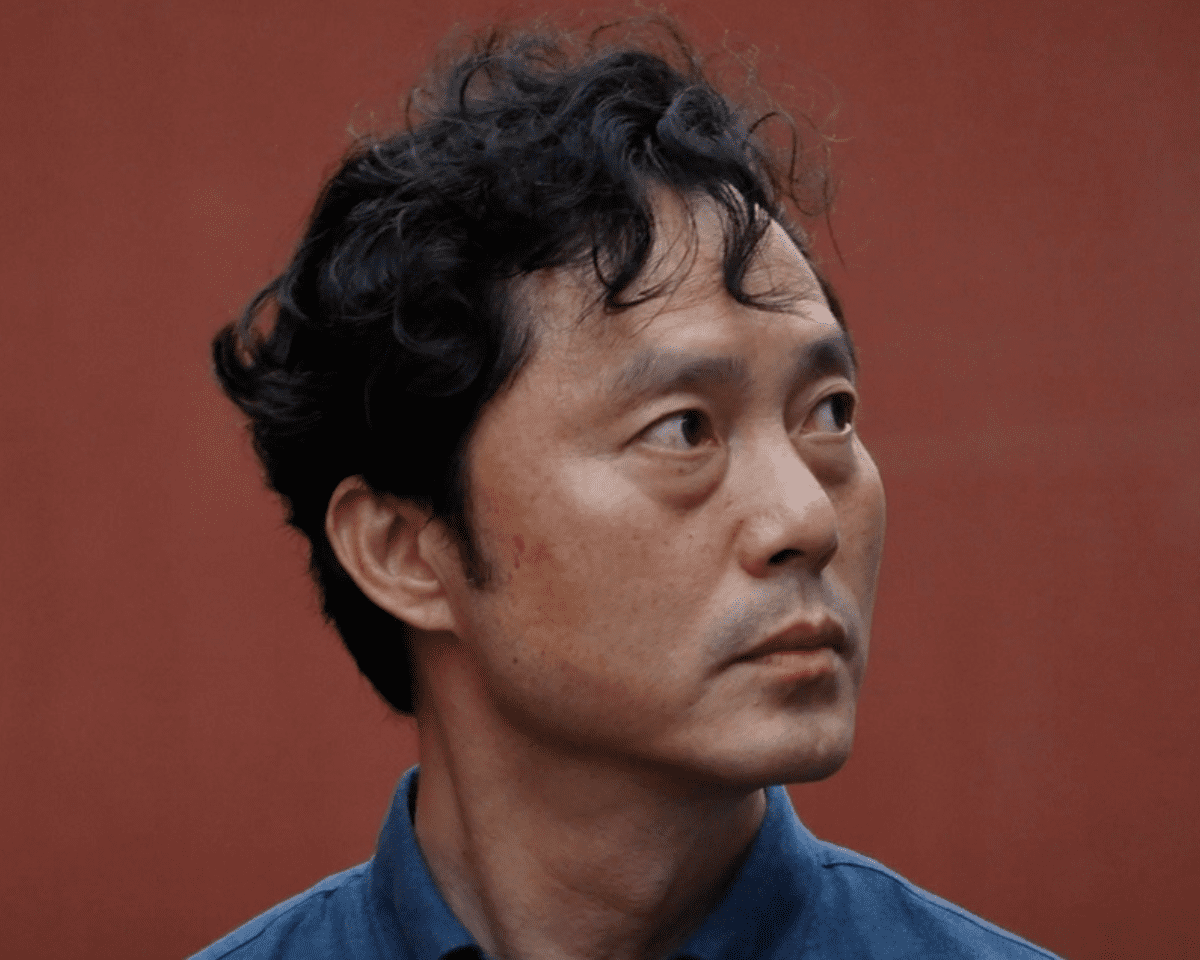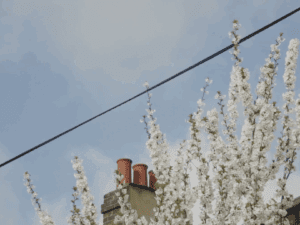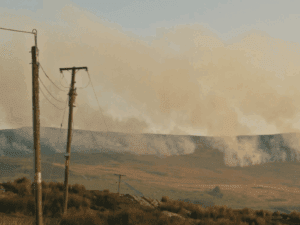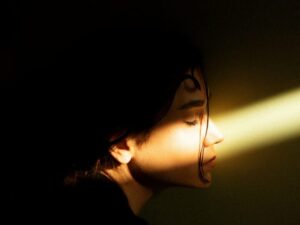Today, we bring you the latest short film in our MPB: The Next Shot series. The featured artist Xiona Li, a filmmaker working between London and Beijing, blends documentary with experimental techniques using AI, 3D and conceptual imagery. As she travels regularly, she made the decision to let go of her heavier kit and shift to lighter tools – a practical decision that shaped her relationship with storytelling. Created in partnership with MPB, the UK’s leading camera reseller, this series considers how the equipment we choose influences our creative paths and how passing gear on can open space for new perspectives.
Her recent projects include Night-Shining White (2023), a shorts series about Chinese contemporary artists Weidong and Jiangsheng, and A Date with the Ocean (2024) a UNESCO collaboration that considers our relationship with the sea. Most recent is Friction (2024), a powerful documentary following Yuqi, a closeted transgender woman in China, in which AI was employed to obscure identities. It examines the intersection of gender, cultural norms and societal pressures.
A: If you’ve ever sold your kit, what did you sell and why?
XL: I have sold my kit before for practicality. This was because I had to fly between countries often and my kit was heavy and bulky to travel with. So, I sold it and moved on with lighter gear which felt liberating.
A: If your camera or lens were a person, what kind of character would it be? What stories would it tell?
XL: I think my camera would be an objective observer, but also less of a human and more of a mechanism – a machine, an algorithm, or a robotic perspective on the things it sees. It tells stories with a critical lens: those that are conceptually complex and those that seem contradictory but have a logical explanation.
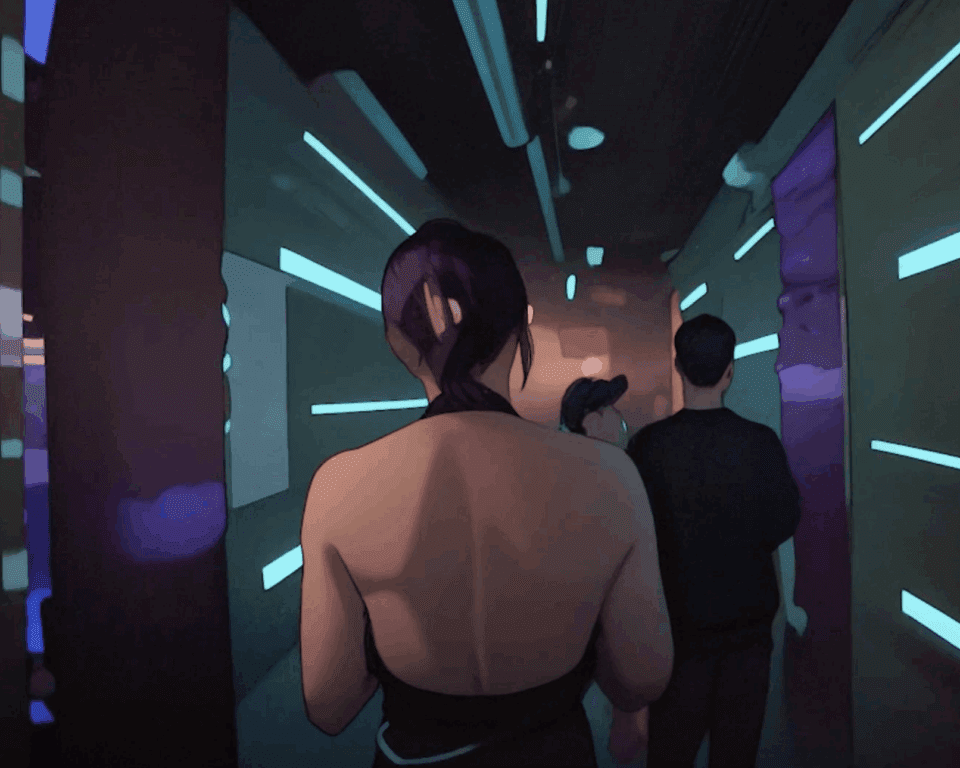
A: Tell us about a short film or video project you’ve created with camera gear that you’ve since sold or replaced. Why was that equipment meaningful to you?
XL: I made a fiction project with my BMPCC 6K camera. However, I felt like that piece of equipment did not suit my needs when it came to fiction storytelling. Through that experience, I realised a SONY A73 would work much better for me because the nature of my approach to filmmaking is very flexible, it’s much more documentary-like and spontaneous. The BMPCC 6K felt like a beast, but unfortunately it was not my beast, or it did not seem to choose me – we did not choose each other.
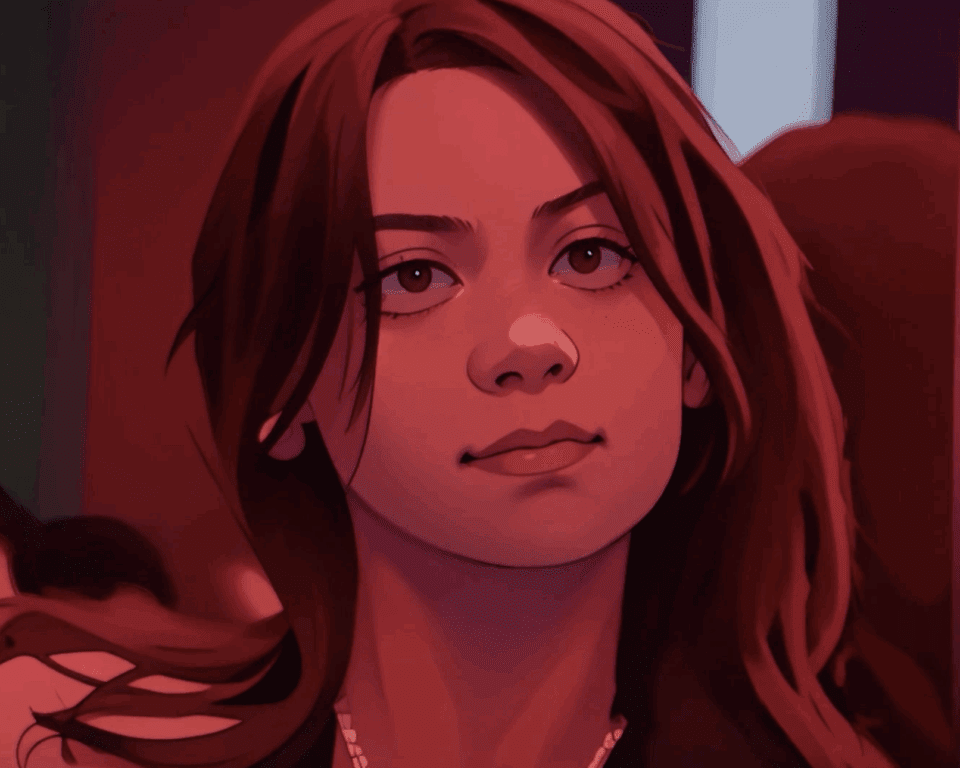
A: As your career progresses, how do you see your tools reflecting your own creative growth?
XL: Actually in my case, I have seemingly “downgraded” my kit due to my circumstances and style of making films. I work with generative AI a lot nowadays which has impacted my perspective on cameras and tools. Now, I am the camera and generative AI is a new output, not just to reflect what can be seen, but also as a sensor to capture my feelings and the complex images in my mind. It’s an interesting process and the emotional connection isn’t about how the kit can capture specific images, but how the tools shape the way I see and think. I want to carry that forward and explore new ways of storytelling.
Find our more about Aesthetica Film Festival and MPB.



